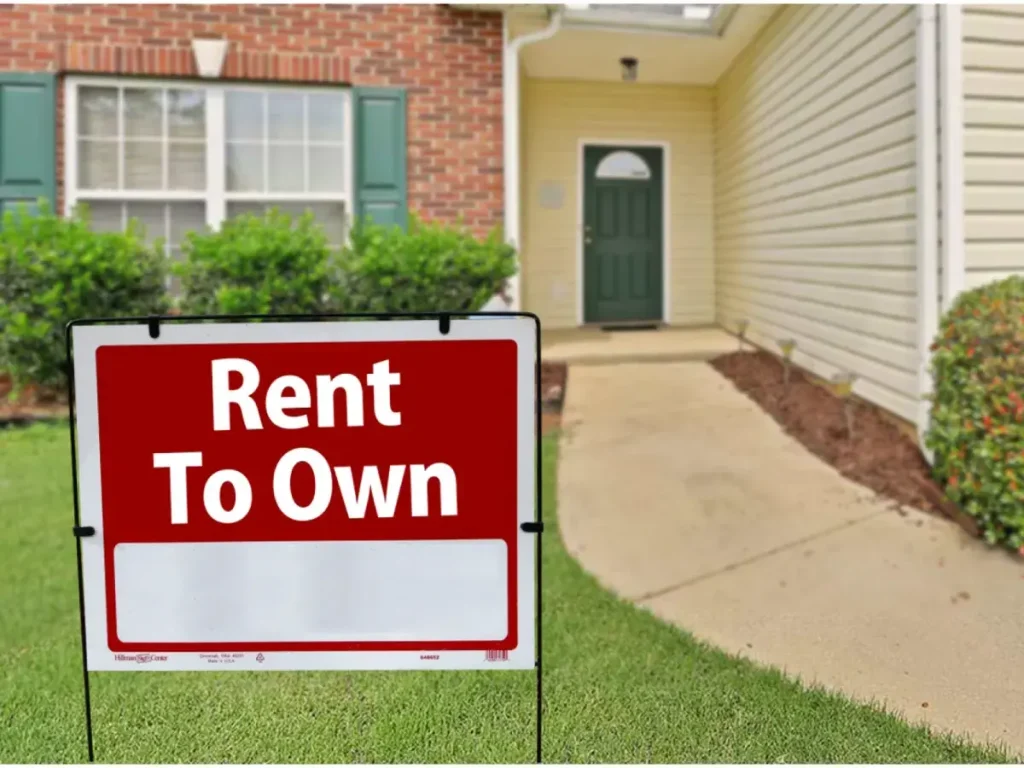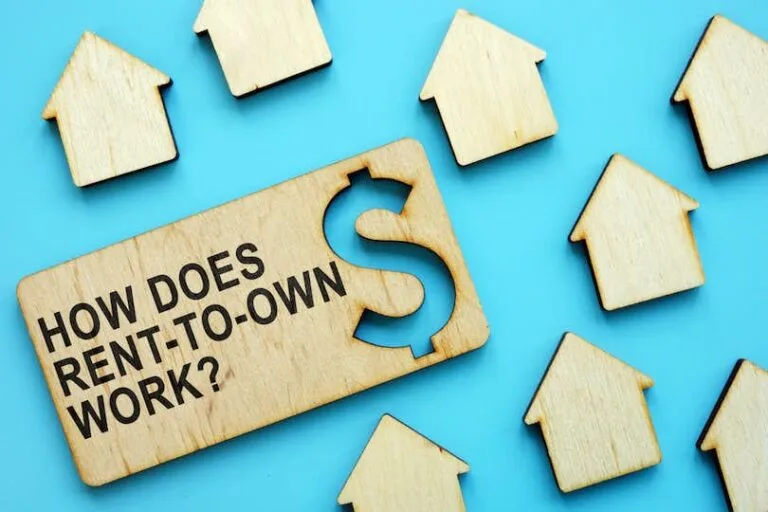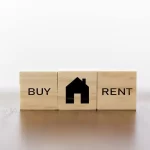Rent to own homes are becoming an increasingly popular option for people who want to buy a home but aren’t financially ready for a traditional mortgage. This guide explains everything—from how rent to own works to contract tips—so you can decide if it’s the right choice for your path to homeownership.

Content
What Are Rent to Own Homes?
Rent to own homes are properties where tenants lease a home with the option to purchase it in the future. It’s a hybrid between renting and buying. While you live in the property, you pay monthly rent, and a portion of that rent may go toward the eventual purchase price if you decide to buy the home later.
This model offers flexibility for buyers not yet mortgage-qualified.
How Does Rent to Own Work?
In a rent to own agreement, the tenant signs a lease that includes a clause giving them the option to buy the home before the lease ends. Typically, this involves:

- An upfront option fee (1–5% of the home’s price)
- Monthly rent payments, sometimes with a rent credit toward the purchase
- A defined period (usually 1 to 3 years) to exercise the purchase option
Understanding how does rent to own work is critical before entering a contract.
Pros and Cons of Rent to Own
✅ Advantages
- Build equity while renting
- Lock in a fixed purchase price
- Time to improve your credit score
❌ Disadvantages
- Higher monthly rent payments
- Risk of losing the option fee
- Legal and financial complexity
Weighing the pros and cons of rent to own is important to avoid unexpected financial strain.
Rent to Own vs Mortgage: Key Differences
When comparing rent to own vs mortgage, the main difference is immediate ownership. A mortgage gives you full ownership upfront, but requires a down payment, good credit, and stable income. Rent to own, on the other hand, allows you to lease while working toward meeting those mortgage requirements.

It’s ideal for buyers with short-term financial limitations or credit challenges.
Understanding the Rent to Own Contract
A rent to own contract combines a lease agreement with an option (or sometimes obligation) to purchase. It usually outlines:
- Option fee and how it’s applied
- The length of the rental term
- The future purchase price or pricing formula
- Maintenance and repair responsibilities
Knowing what’s in your rent to own agreement can protect your rights and ensure you understand your financial obligations.
How to Qualify for Rent to Own Homes
Unlike traditional home loans, rent to own home requirements are typically more flexible. While good credit helps, many agreements work for those with fair or poor credit.
To qualify, you’ll often need:
- Stable monthly income
- Ability to pay an upfront option fee
- Willingness to maintain the home as if it’s your own
Learning how to qualify for rent to own homes ensures you meet the basic criteria and don’t miss out on opportunities.
Benefits of Rent to Own Homes
Here are some of the top benefits of rent to own homes:
- You can move in right away while preparing for a future purchase.
- You’ll have time to repair your credit before applying for a mortgage.
- It lets you “test” the home and area before fully committing.
These advantages make rent to own a practical solution for long-term renters or credit-challenged buyers.
Tips for a Successful Rent to Own Deal
To make the most of this opportunity, follow these tips:
- Hire a real estate lawyer to review the agreement.
- Clarify how much of the rent goes toward the purchase.
- Get a home inspection before signing.
- Stick to a plan for saving and improving your credit.
Preparation is essential to convert your lease into a successful purchase.
Conclusion
Rent to own homes give aspiring homeowners a flexible, accessible way to transition from renting to owning. Whether you’re working on your credit, saving for a down payment, or testing a neighborhood, this model can work in your favor.
But it’s not without risk. Before committing, understand how rent to own works, examine the rent to own contract, and weigh the pros and cons of rent to own carefully.
Common Questions About Rent to Own
Is rent to own a good idea?
It can be—especially if you’re not mortgage-ready but want to lock in a home now. It depends on your financial goals and discipline.
What is rent to own agreement?
It’s a legally binding contract that includes a lease and an option to purchase the property within a specific timeframe.
What happens if I choose not to buy?
If you don’t buy at the end of the lease, you typically lose the option fee and any rent credits. The agreement ends like a regular lease.
Are these deals common?
Yes, particularly in markets with high barriers to traditional homeownership or during periods of strict lending policies.

With a passion for matching clients with their dream homes, Mary’s experience and knowledge of the real estate market make her a trusted advisor. She’s your go-to expert for buying or selling properties in the heart of the city.






